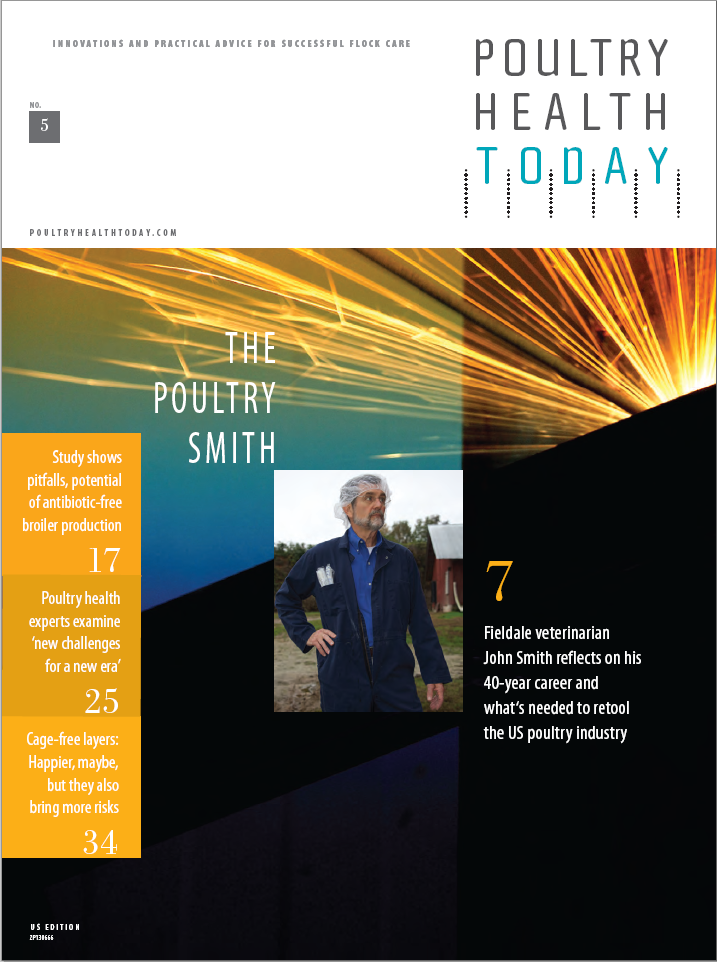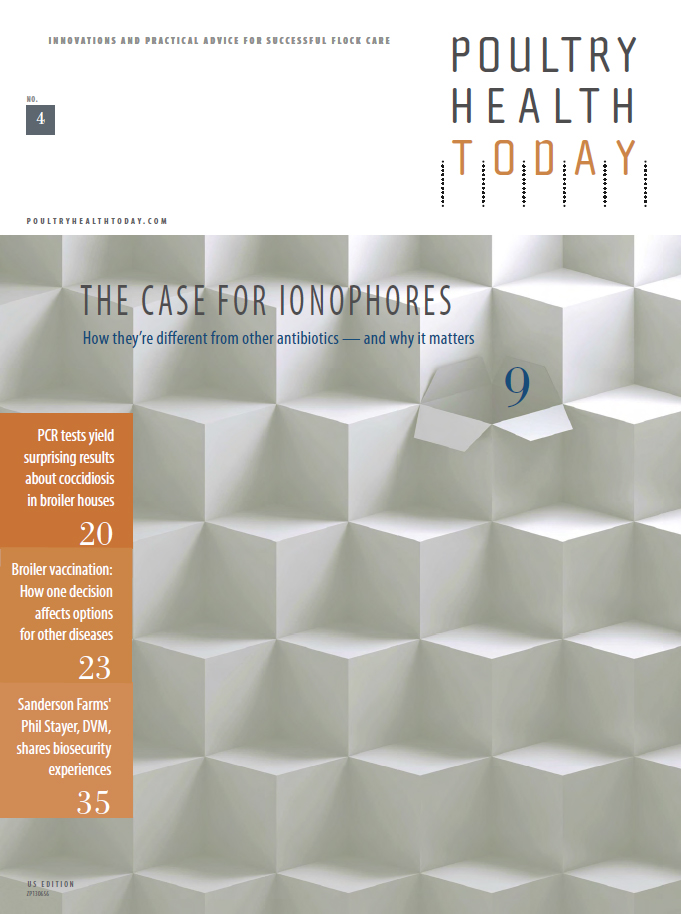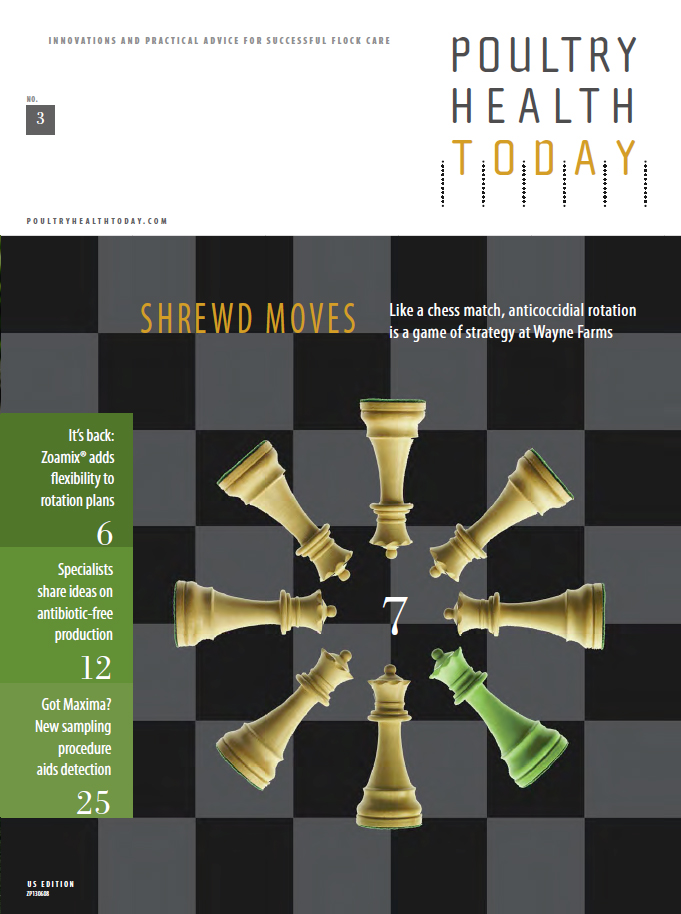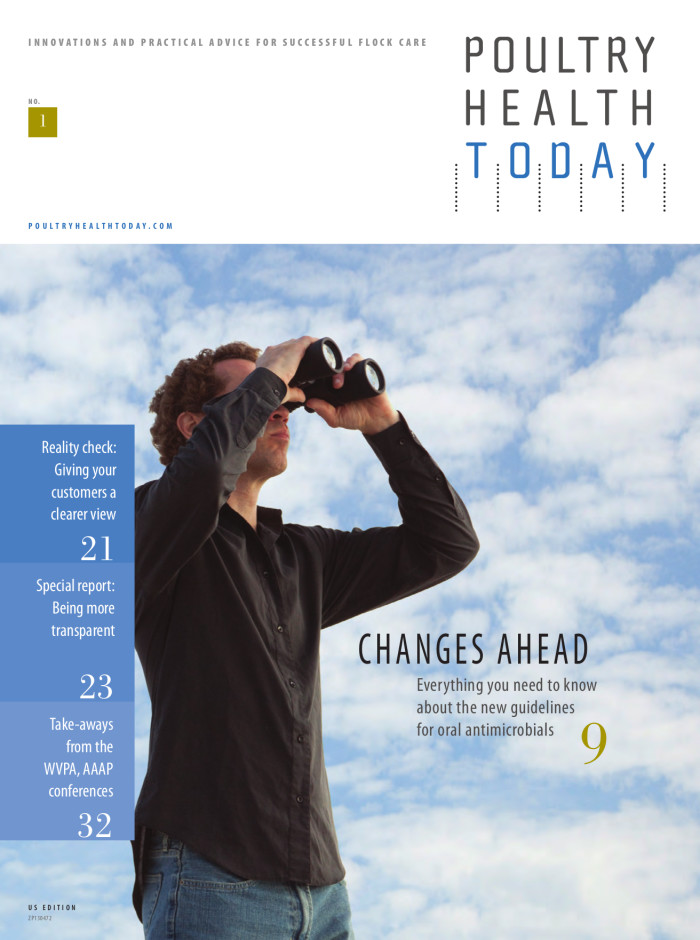

Wet litter, footpad dermatitis tied to reduced broiler performance
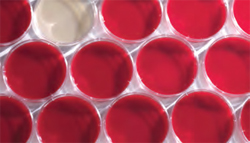
Increased litter moisture not only led to severe footpad dermatitis (FPD) in broilers, it reduced other aspects of animal welfare and negatively affected performance and carcass yield, Dutch investigators say.
They conducted their study to determine if the high level of FPD in broilers caused by wet litter is accompanied by other negative effects on animal welfare, bird performance and carcass yield.
Toward this end, they increased moisture by spraying litter with water when broilers were from 7 to 36 days of age; they then compared the results with a control group of broilers kept on relatively good-quality litter and with a low prevalence of footpad lesions.
At 21 days of age, the broilers on wet litter had more FPD compared to controls; from 28 days of age onward, they had lower bodyweight gain, lower feed and water intake, higher feed-conversion ratios and more birds were rejected for commercial parts, the investigators say.
The broilers on wet litter, furthermore, had more hock burns and breast irritations at 21 and 36 days of age, and locomotion — as evidenced by a higher gait score at 36 days of age — was negatively affected, the investigators reported in the Journal of Applied Poultry Research.
More Issues

